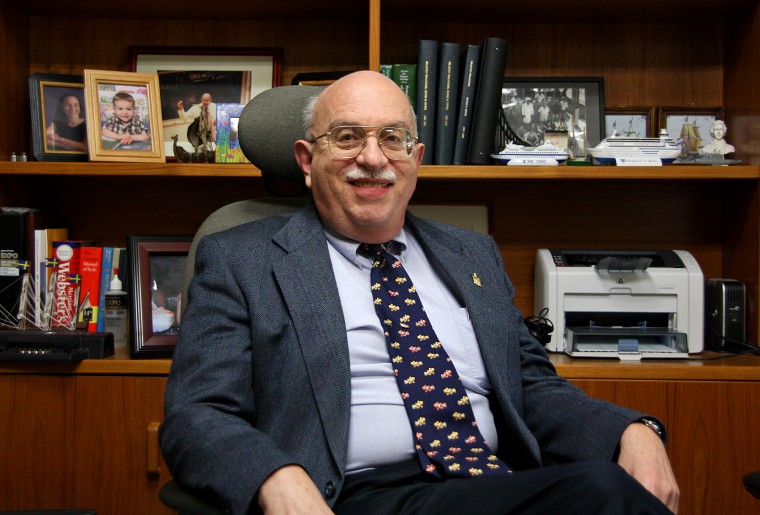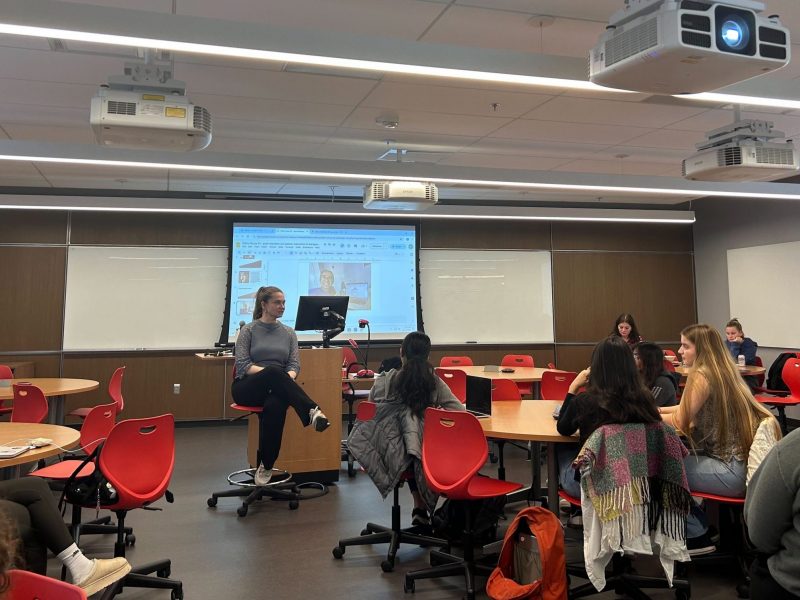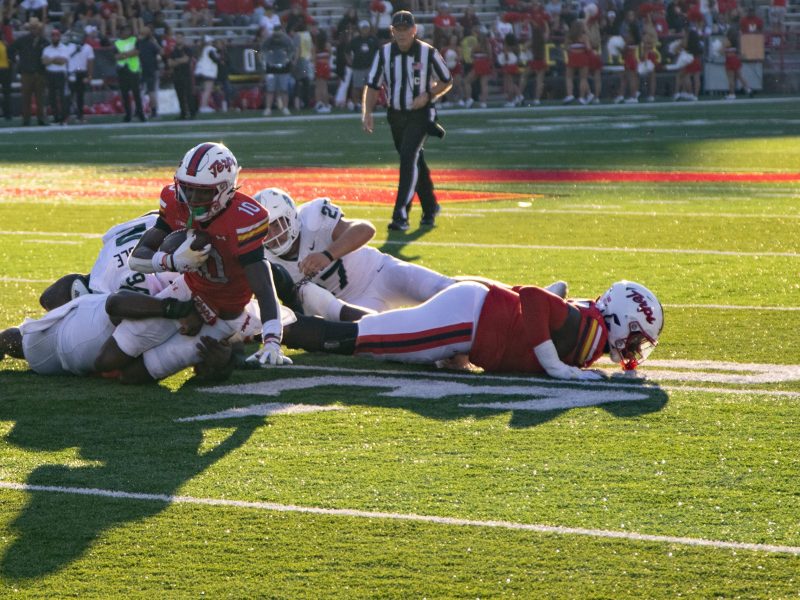
Arthur Popper, a biology professor, established a task force to address the issue of losing junior faculty at the university.
New faculty often feel like small fish in a large pond. Who better to advise them than biology professor Arthur Popper, who has spent his research career studying aquatic life?
For many years, Popper, also an associate dean of the chemical and life sciences college, has made it his mission to guide assistant professors to tenured positions. Popper pairs new faculty with mentors and hosts workshops to help them balance their academic responsibilities — researching, teaching and advising — with their personal lives.
Popper’s work has garnered praise from top administrators. Earlier this month, the University System of Maryland awarded him the Regents’ Faculty Award for his continuing work with tenure-track faculty.
While serving as chair of the University Senate five years ago he co-authored an article for the faculty newsletter that suggested more mentoring could help to increase the number of female and minority faculty on campus.
“We have fewer minority faculty on campus than we’d like,” said Popper, a former chair of the biology department. “The data suggests that minorities and women drop out more than white males. It’s worse for African Americans than for women.”
It’s especially difficult for women to balance work with their family lives, Popper said.
“There’s no solution, but at least we help people think about the issues,” he said. “We try to give guidance and advice and mentoring and tricks to solve problems.”
Popper said the most rewarding part of his mentoring work is to see people he has guided succeed.
“I have one professor who’s a director of a great laboratory,” he said. “I really get a kick out of that.”
And Popper wants to extend his reach beyond tenure-track faculty. This month, he will host a workshop series for graduate students.
Others have praised Popper for his affinity for helping people.
“He understands that mentoring isn’t just instruction,” Associate Provost for Faculty Affairs Ellin Scholnick said. “He understands that in order to do this you have to have a relationship with the individual.”
Popper’s enthusiasm for mentoring grew out of his own experiences. He attributes part of his success to his mentor, university system Senior Vice Chancellor for Academic Affairs Irwin Goldstein.
“It’s invaluable for success,” Popper said. “The best thing you could find in life is a mentor.”
quijada at umdbk dot com



